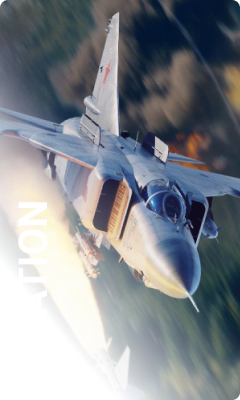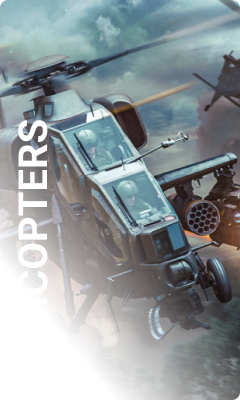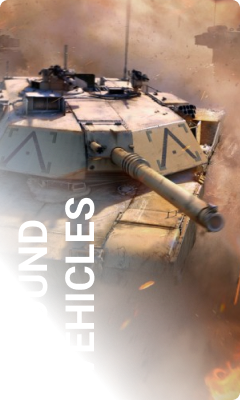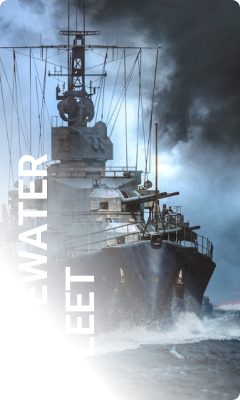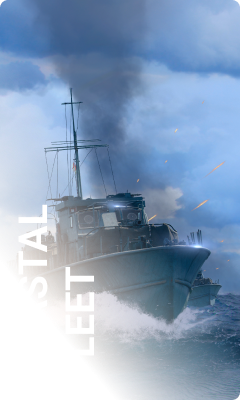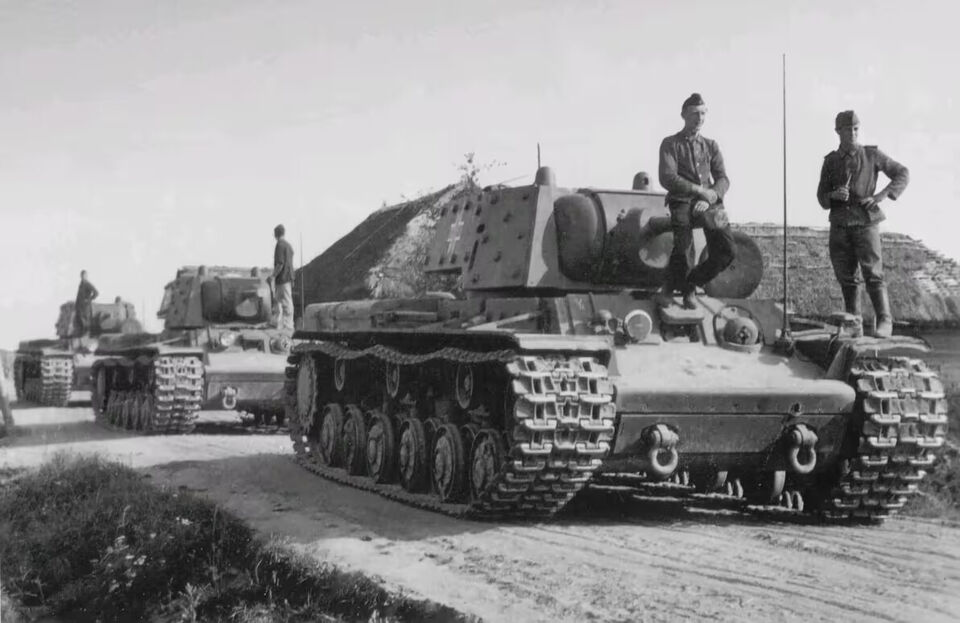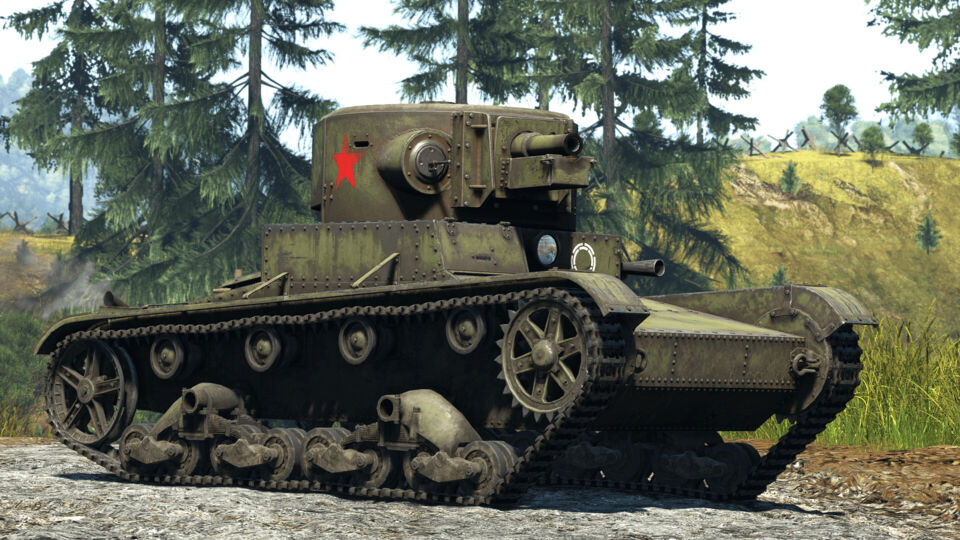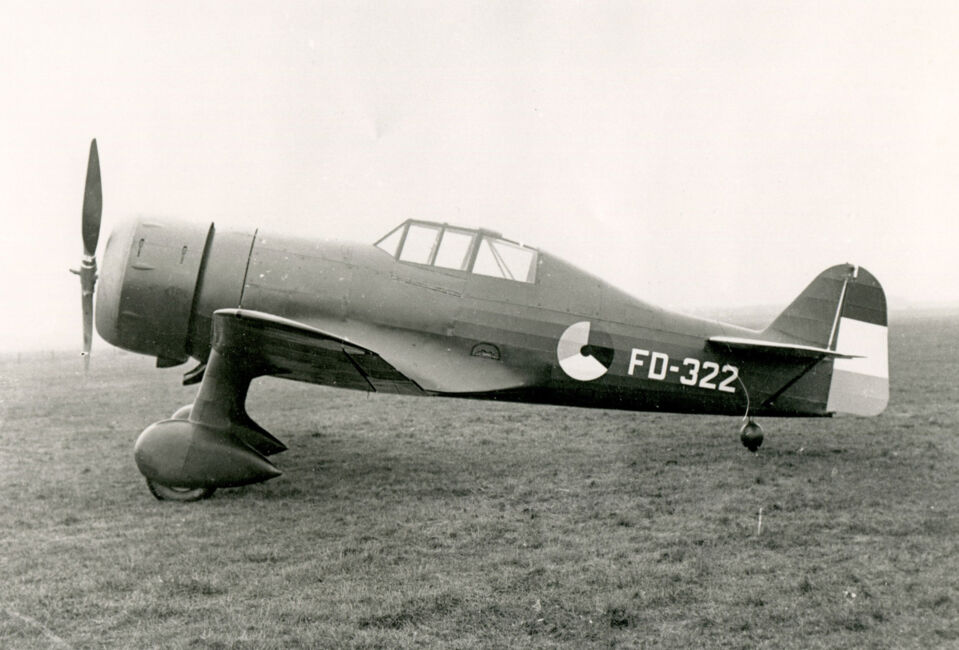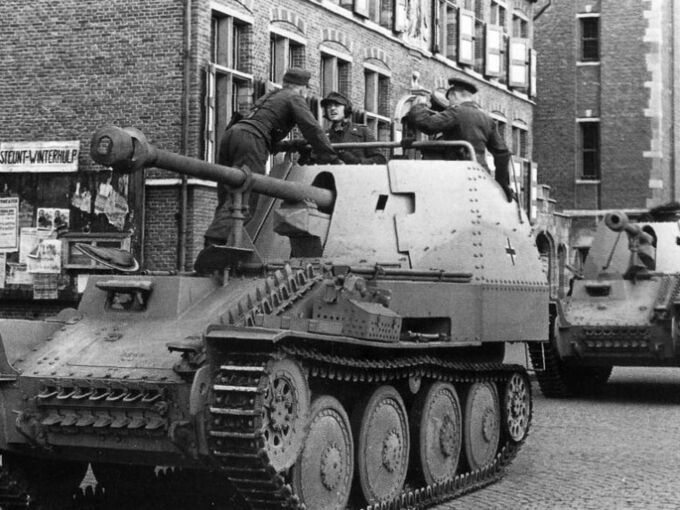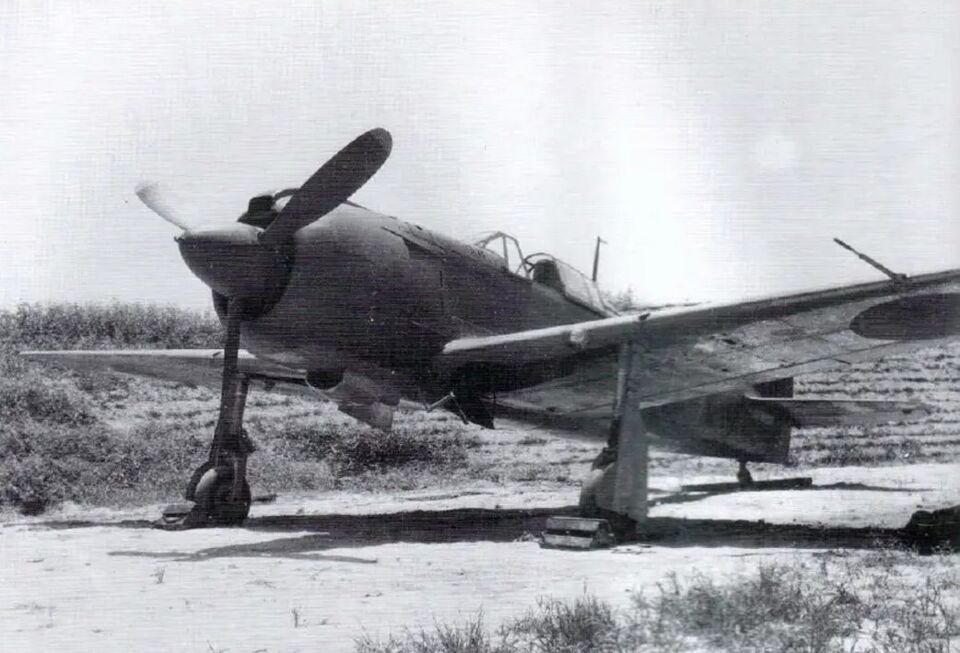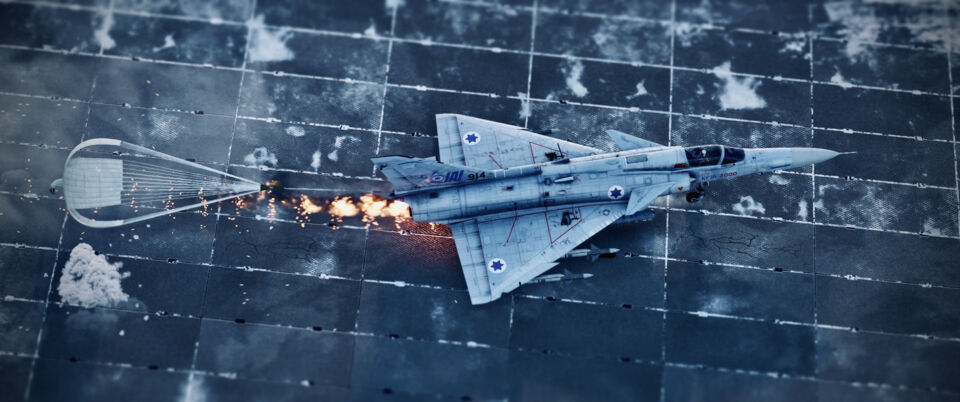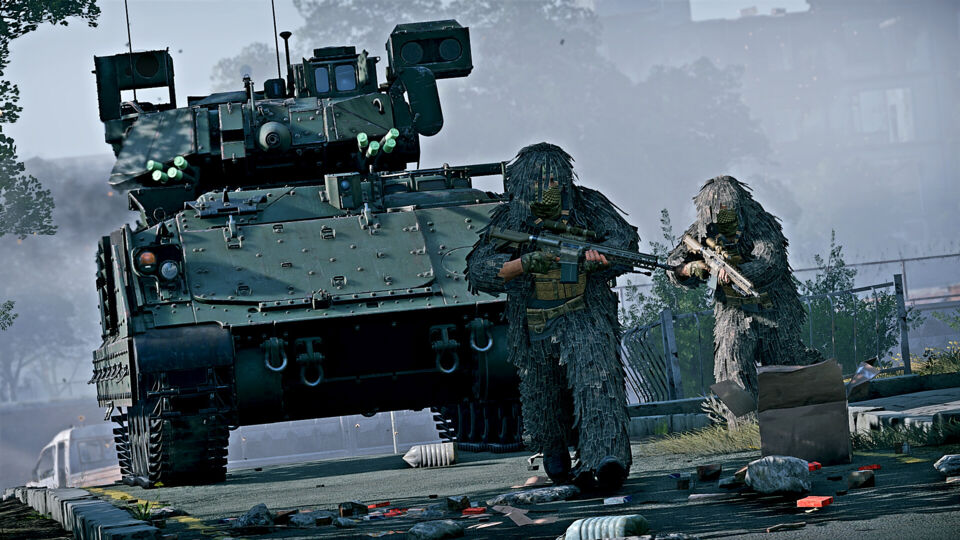The Soviet KV series, most notably the KV‑1 and KV‑2, were among the heaviest tanks of the early war. When they were put to operational use during the midst of Operation Barbarossa, German forces found most of their anti‑tank weapons far too weak against the thick armor; even a single KV could stall an advance and demonstrate capabilities the Germans themselves lacked. That display of strength made captured examples highly prized. Yet the tanks were far from perfect. They consumed fuel at alarming rates, broke down often, and were difficult to supply, and as such many were left behind in retreat or captured intact. The Wehrmacht quickly put these tanks to use, repainting their insignia and assigning them new designations as Beutepanzer (lit. loot tank).
The T-26-4 was an experimental “artillery tank” designed in the interwar period by the Soviet Union. In War Thunder, this tank can be tricky to play and requires some experience. Its several weaknesses, such as thin armor and slow speed, force the player to maneuver it cautiously in battle. However, it can be fun to play once you master both its drawbacks and advantages.
As early as the beginning of the 1940s, aircraft designers understood that the future belonged to jet propulsion. In practice, though, that potential took time to unlock. Early engines were temperamental and unreliable, and their thrust was barely enough to compete with the best piston powerplants of the day. Even so, leadership kept pushing this new kind of aviation forward.
The Fokker D.XXI was a single-seat fighter aircraft designed and manufactured by the Dutch aviation company Fokker. It served primarily with the Netherlands’ Luchtvaartafdeeling (LVA) (Aviation Department) during the late 1930s, the Finnish Air Force in the Winter War and played a notable role during the opening phase of the Second World War. Although already obsolescent by the standards of 1940, the D.XXI demonstrated surprising effectiveness in combat, particularly in Dutch and Finnish service, where skilled pilots exploited its strengths to compensate for its technical shortcomings. This article focuses chiefly on the Dutch and Finnish variants and their operational history, while also addressing foreign use, like Danish variants.
During Operation Barbarossa, Germany’s invasion of the Soviet Union, the Third Reich ran into Russia’s secret weapons: the T-34 and KV-1. While German engineers came up with move advanced tanks to combat Soviet armor, a quick solution was put together to face the Russians on somewhat equal terms. This stopgap would be known as the Marder.
In 1961, Japan’s Self-Defense Forces adopted the Type 61 tank. Compared with contemporary American or Soviet designs, it looked outdated almost from the moment it appeared. Yet despite its obvious shortcomings, it remained in service for decades, simply because it was exactly what the country needed at the time.
As World War II reached its final stages, Japan faced increasing challenges in maintaining air superiority. The introduction of the Type 5 Fighter (Ki-100) marked an important attempt by the Imperial Japanese Army to adapt to wartime conditions by replacing unreliable liquid-cooled engines with more dependable air-cooled alternatives. Developed from the Type 3 Fighter (Ki-61 Hien), the Type 5 Fighter proved to be one of the most effective Japanese interceptors of the war.
The Kfir C.10 (Block 60) is a modernized variant of the Israeli Kfir multirole combat aircraft, which is in turn a derivative of the French Dassault Mirage 5. With the addition of four DERBY active radar-homing missiles and a top-of-the-line avionics suite, combined with the excellent airframe of the Kfir C.7, the Kfir C.10 is a force to be reckoned with in air battles, and it excels in medium to close range engagements. However, a small missile payload limits the Kfir C.10's ability to engage multiple targets simultaneously.
